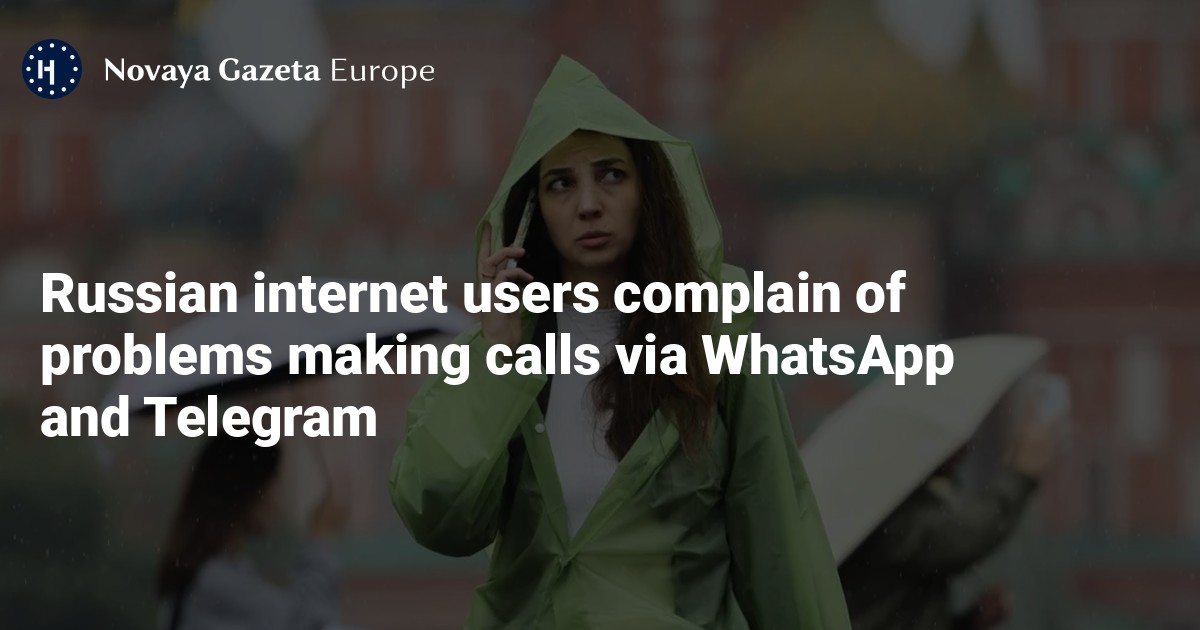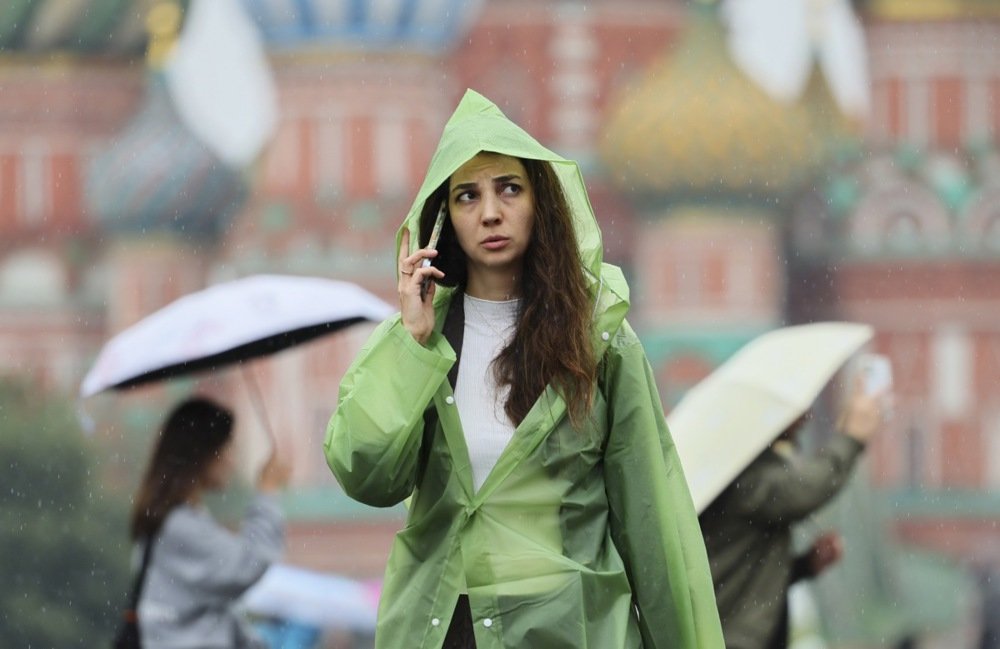




A woman walks on Red Square in Moscow, Russia, on 21 July 2025. Photo: EPA/YURI KOCHETKOV
Russian internet users have complained of difficulties making telephone calls via the WhatsApp and Telegram messenger services, data from Downdetector, a website which monitors internet interruptions, has shown.
The service received over 6,000 complaints about Telegram going down in the previous 24 hours, with users saying they had been unable to make calls or video chats. Users also sent over 2,000 complaints to the service about problems with WhatsApp, with frequency peaking at about 9am Moscow time Monday.
The complaints came amid widespread internet outages across Russia over the past several months and reports of authorities mulling a potential block on WhatsApp to combat “cyber terrorism and cyber fraud”.
Pro-war blogger Anastasia Kashevarova, who last month announced a potential block on WhatsApp in Russia, said on Monday that it had now “slowly begun”, as Russians were unable to receive calls on both WhatsApp and Telegram.
A representative from the Na Svyazi digital monitoring project told independent media outlet Agentstvo that the disruptions to WhatsApp and Telegram did not seem accidental, since the complaints referred specifically to calls. The Russian authorities could be carrying out tests to block calls in foreign messengers, he told Agentstvo. “We do not recall there ever having been restrictions on calls before,” he said.
Citing a source in the Russian government, news channel Ostorozhno Media wrote that Russian mobile operators had proposed blocking voice calls on foreign-owned messenger services, who said sanctions had increased the cost of maintaining base stations and that the sharp increase in mobile internet traffic was likely to slow down network development.
The operators say blocking voice calls in WhatsApp and Telegram would “avoid a possible total block on the messengers, as that would deal with the chief complaints of the security forces”.
Na Svyazi reported that the Russian authorities were responsible for over 2,000 localised internet shutdowns and restrictions in July, more than double the tally recorded in June and a new record, while noting that the true figure may exceed recorded data.
